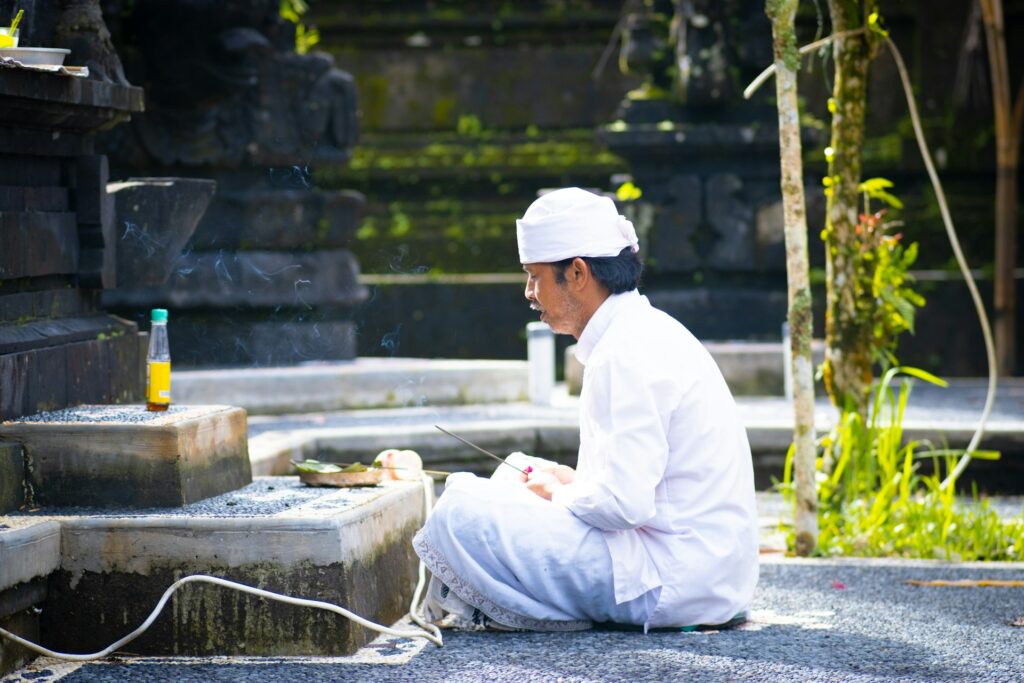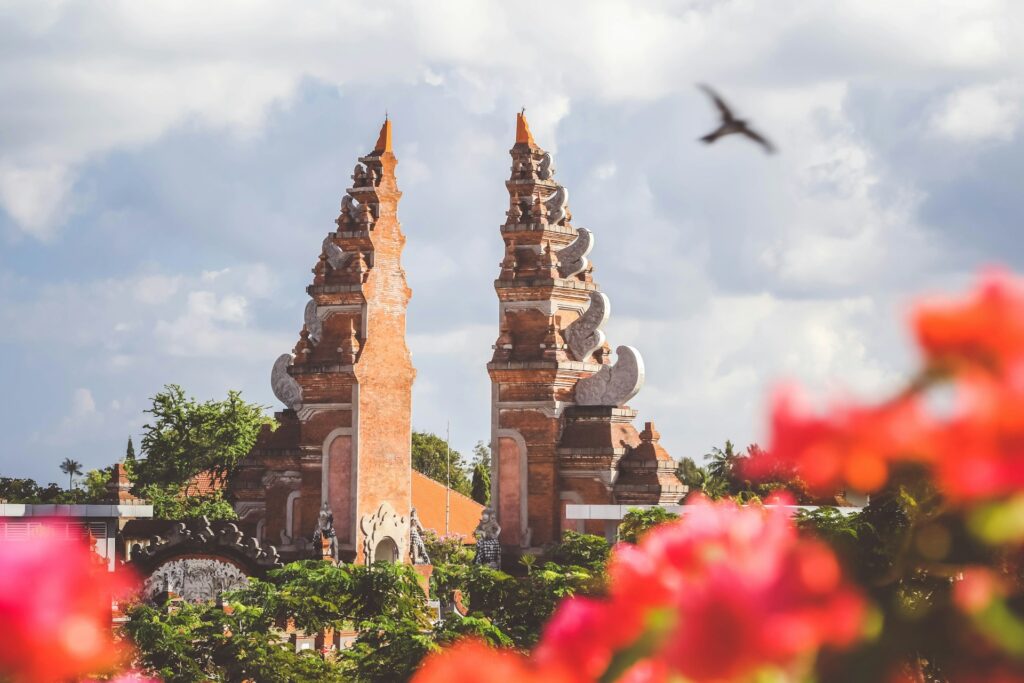Bali, the idyllic Indonesian paradise famed for its rich culture and stunning natural beauty, has once again found itself in the global spotlight—not for its landscapes, but due to a series of new, controversial regulations introduced for foreign tourists.
Among the most contentious of these rules is one that prohibits menstruating women from entering temples, a measure that has sparked debate in media.
On March 1, 2025, the Bali Provincial Government announced a revised set of rules for tourists visiting the island. This update was made public through Governor I Wayan Koster’s Circular Letter Number 7 of 2025, and quickly gained the attention of media outlets worldwide, including Time Out, Metro, and Vietnam Express.
Governor Koster acknowledged that these new regulations reflect an evolving understanding of how best to protect Bali’s customs, traditions, and religious practices.
“We have issued similar regulations before, but as things change, we need to adapt,” Koster said, alluding to the need for updated guidelines that respect both the island’s cultural heritage and the increasing number of international visitors.
However, it is the policy surrounding menstruation that has attracted the most attention. According to reports in The Daily Mail, Bali has introduced a prohibition on menstruating women entering temples.
The reasoning behind this is rooted in Balinese Hindu beliefs, which regard menstrual blood as “dirty” and potentially desecrating to the sanctity of religious sites.
Bali Rules: The New Do’s and Don’ts for Foreign Tourists in Bali

Bali’s 2025 regulations, which build on rules first introduced in 2023, are designed to preserve the island’s customs and maintain respect for its sacred spaces. Here’s a breakdown of the key points:
Do’s when visiting:
- Respect Sacred Spaces: Foreign tourists are expected to show reverence for temples, Pratima (sacred statues), and other religious symbols.
- Cultural Sensitivity: Tourists must respect the traditions, arts, and cultural practices of the Balinese people, especially during ceremonies and religious observances.
- Dress Appropriately: When visiting sacred areas or public places, visitors must wear appropriate, modest clothing. The management will also provide a sarong at the temple entrances.
- Be Courteous in Public: Be polite and show respect behaviour is required in all areas, including tourist spots, restaurants, and public spaces.
- Pay Tourist Levy: A mandatory foreign tourist levy must be paid electronically before departure or while in Bali via the official website https://lovebali.baliprov.go.id/.
- Use Licensed Tour Guides: Visitors must be accompanied by a licensed guide who is knowledgeable about Bali’s natural and cultural heritage when exploring tourist attractions.
- Currency Exchange: Foreign currency must be exchanged at authorised money changers (marked with a licence number and Bank Indonesia QR code).
- Use the Indonesian Standard QR Code for Payments: All payments must be made using Indonesia’s official QR code system.
- Currency Transactions: Only the Indonesian rupiah (idr) can be used for transactions.
- Follow Road Rules: Tourists must comply with local traffic laws, including the use of valid driver’s licences and proper conduct on the roads. Including wear a helmet when riding a scooter.
- Use Licensed Transport: Only licensed transportation companies or rental associations should be used for four-wheeled vehicles.
- Stay in Licensed Accommodation: All lodging must be in properties with valid licences according to Indonesian law.
- Abide by Specific Site Rules: Special rules at each tourist attraction or activity must be followed.

Don’ts when visiting:
- No Entering Temples Without Proper Attire or If Menstruating: Menstruating women are not allowed to enter temples, and all tourists must wear traditional Balinese clothing when visiting sacred sites for worship.
- Climbing Sacred Trees: The climbing of sacred trees is strictly prohibited.
- Immodesty in Sacred Places: Taking photographs or behaving inappropriately at sacred sites is forbidden.
- Littering: Tourists are prohibited from polluting or littering in public places. Dispose of your trash responsibly.
- Using Single-Use Plastic: Single-use plastic is banned on the island to reduce environmental damage.
- Disrespectful Behaviour: Engaging in loud, disruptive behaviour, or spreading hate speech or hoaxes on social media is not tolerated.
- Work Without Proper Permits: Tourists are not allowed to engage in any form of work or business without the proper documentation.
- Illegal Activities: Engaging in the illegal trade of flora, fauna, cultural artefacts, or sacred objects is strictly forbidden.
Sanctions for Violations (Laws and Regulations)
Tourists who breach these rules face serious consequences, including legal proceedings according to Indonesian law. Violators who fail to pay the required levy may be banned from accessing tourist attractions. Additionally, the public is encouraged to report infractions via the official WhatsApp alert system: +62 812-8759-0999.
Viral Female Tourist in Bali Protests Not Being able to Enter the Temple due to Menstruation
The issue of menstruation and temple access is not new. Back in 2020, a video went viral showing a foreign female tourist protesting the rule that prohibits menstruating women from entering temples.
In the video, which was shared on TikTok by an account named @soendala, the woman, identified as Natalia, expressed her frustration with the rule. She said, “I’m too tired to say anything about this woman,” and continued, “This rule prohibits menstruating women from entering. What’s going on down here, it’s all against our will, very dirty, and unholy,” while pointing at a sign displaying the rule.
Despite the global backlash from such protests, the Balinese authorities maintain that this practice is deeply rooted in the spiritual and cultural beliefs of the Hindu Balinese community.
While the ban on menstruating women entering temples may seem unusual to many, the government insists that the rule is vital for preserving the sanctity of religious practices.
It’s all about respecting local customs
While these regulations have sparked debate internationally, Bali’s local government is resolute in its stance, arguing that these rules are not about discrimination but about protecting sacred traditions. Many tourists may find these rules difficult to understand, especially in the context of modern values surrounding menstruation and gender equality.
However, for those planning to visit Bali, understanding and respecting these guidelines will be essential in ensuring a smooth and respectful experience on the island.
In the end, while Bali’s new rules may feel restrictive to some, they also offer a deeper insight into the rich spiritual and cultural fabric that defines the island.
Visitors who wish to explore Bali’s sacred sites must first acknowledge and respect these customs—no matter how foreign they may seem.
Cover: Photo by Timur Kozmenko/Pexels

































